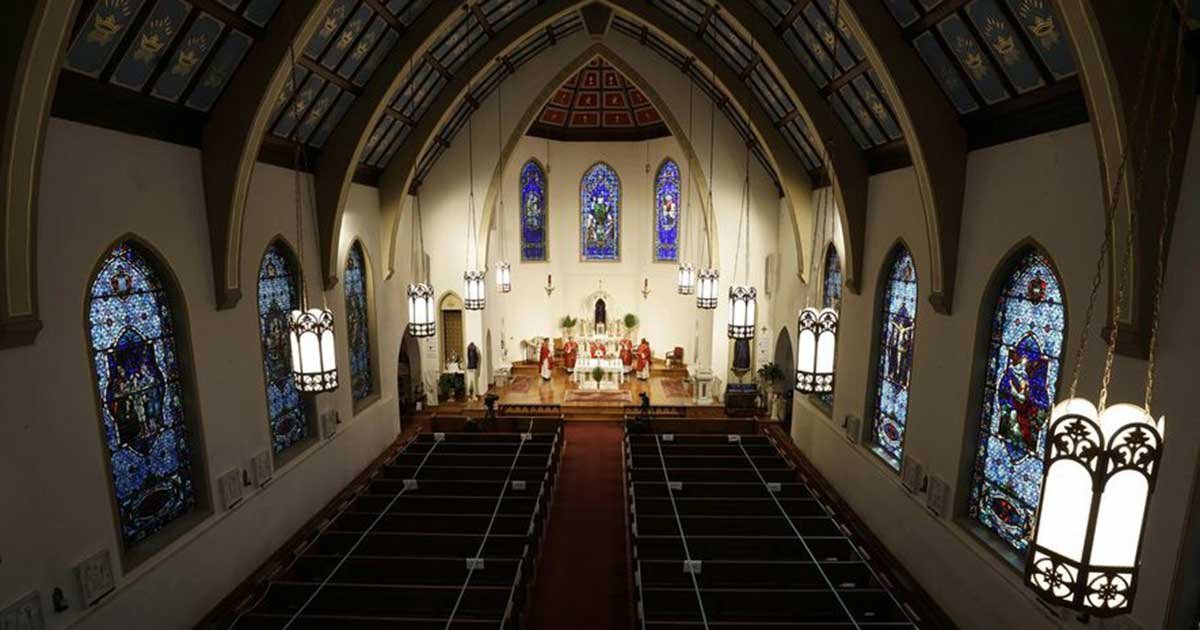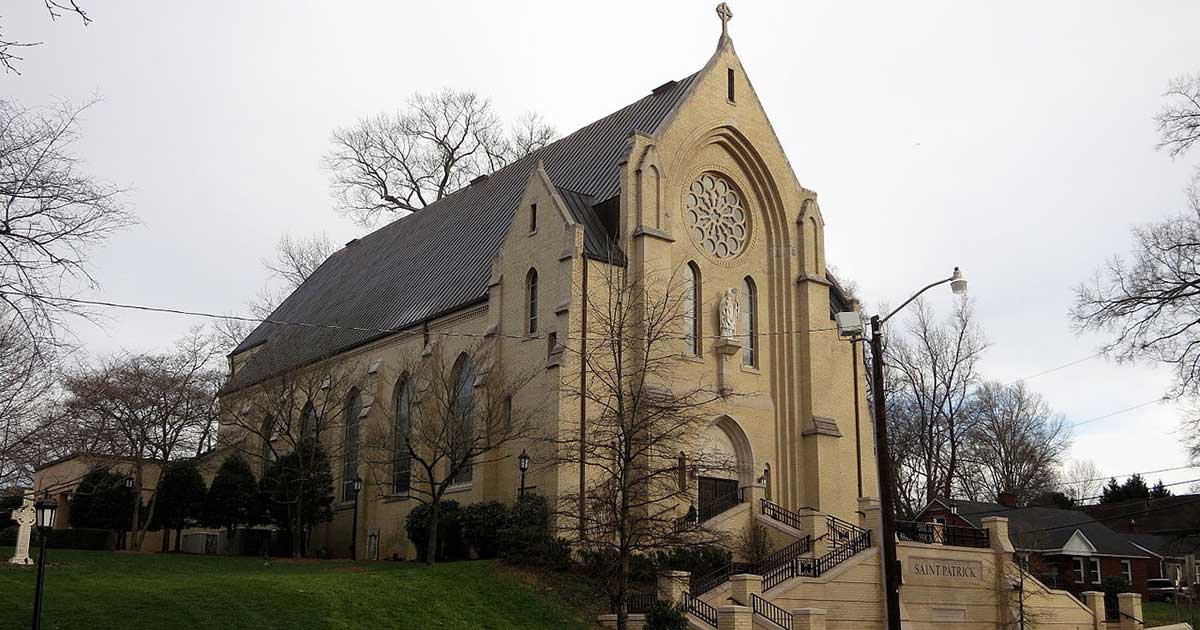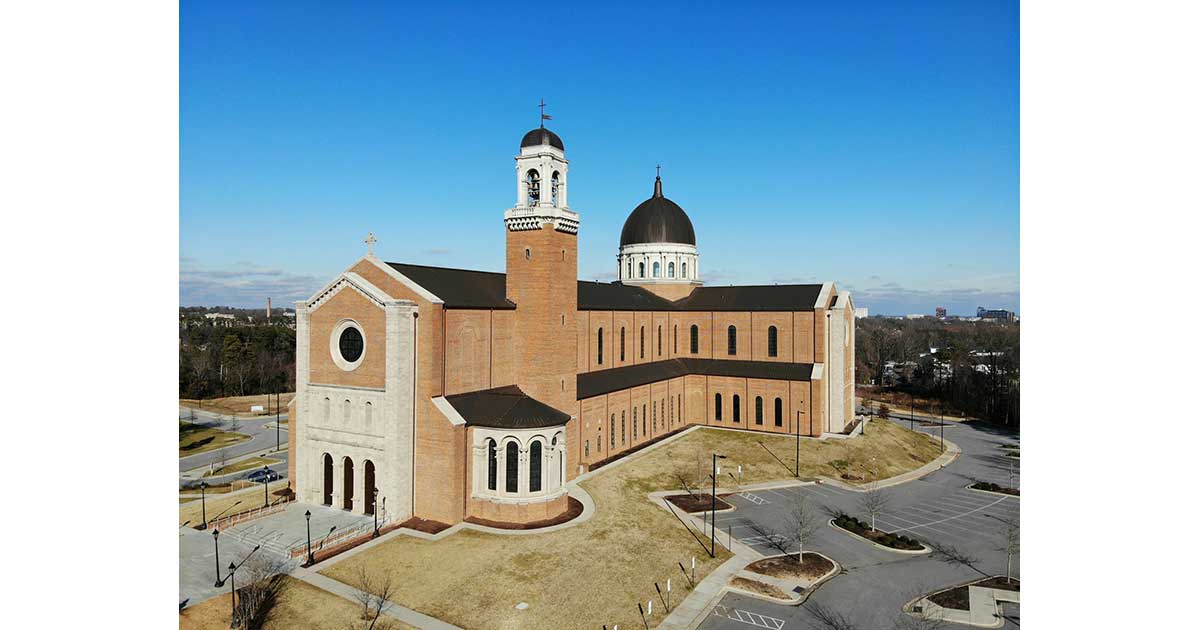The Roman Catholic Diocese of Charlotte turned to the federal government when the coronavirus pandemic forced churches to close their doors and give up Sunday collections.
Financial records reveal that the diocese’s headquarters, churches and schools received the help they sought for, despite having roughly $100 million of their own cash and short-term investments available last spring.
“I am gratified to report the overall good financial health of the diocese despite the many difficulties presented by the Covid-19 pandemic,” wrote Bishop Peter Jugis in the diocese’s audited financial report released last fall.
An independent investigation conducted by Associated Press revealed that Catholic dioceses across the country received aid through the Paycheck Protection Program as the pandemic began to unfold.
The aid comes despite the dioceses having well over $10 billion in cash, short-term investments or other available funds, and has continued to grow despite the broad economic downturn.
However, majority of these dioceses had enough money on hand to cover at least six months of operating expenses even without any additional income.
All of the country’s nearly 200 dioceses, as well as Catholic institutions in which bishops and cardinals govern received at least $3 billion.
These findings make them on biggest beneficiary of the paycheck program.
Church officials pointed out that their employees were as worthy of help as workers at Main Street businesses, and they might need to slash jobs and curtail their charitable mission should the demand for food pantries and social services continue to rise.
Although, new financial statements posted for 2020 reveal that several dozen dioceses still have available resources and continues to improve during the pandemic.
On the other hand, Catholic leaders in dioceses including Charlotte, Chicago, Louisville and Raleigh claim their parishes and schools suffered financially when they closed to slow the spread of the deadly coronavirus.




